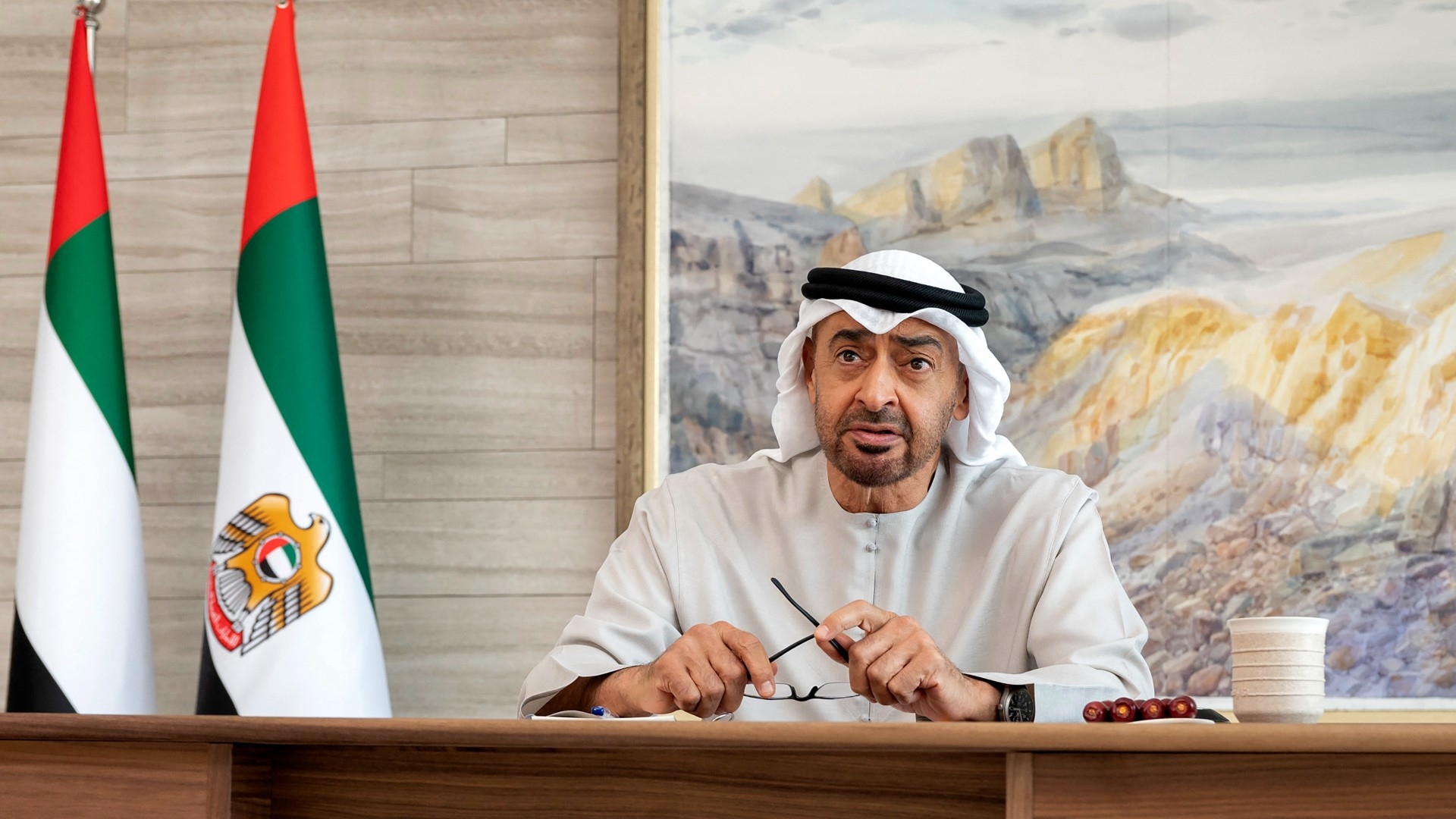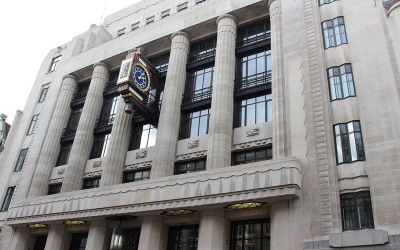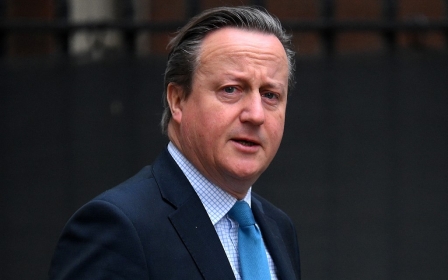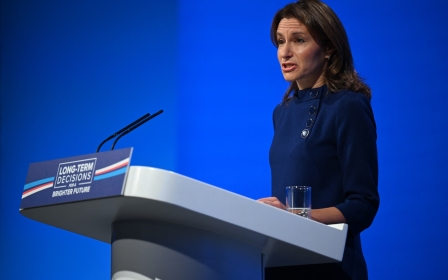UK: More than 100 MPs lobby against UAE bid to own The Telegraph

More than 100 UK parliamentarians and former cabinet ministers have expressed their rejection of a proposal by the United Arab Emirates to take over The Telegraph newspaper, calling it a "dangerous Rubicon".
UAE-backed fund RedBird IMI aims to acquire The Telegraph through paying off debts of around £1.2bn owed by the Barclay family, which controls the British newspaper, to Lloyds bank. This comes with the intention of transforming the loans into an Emirati full possession of The Telegraph, which is valued at £600m.
MPs attacking the UAE proposal have called upon British Prime Minister Rishi Sunak to support an amendment that gives parliament the right to veto takeovers of news organisations by foreign states.
“If major newspaper and media organisations can be purchased by foreign governments, the freedom of the press has the potential to be seriously undermined,” the MPs said in a letter addressed to Lucy Frazer, Secretary of State for Culture, Media and Sport.
They added: “no other democracy in the world has allowed a media outlet to be controlled by a foreign government. This is a dangerous Rubicon we should not cross.”
The bill was proposed by Baroness Stowell, a Conservative, and aims to provide more power to the UK parliament in this issue. If it passes, it will be discussed by MPs in the House of Commons. Labour MPs are due to debate their stance on the bill on Wednesday.
Robert Jenrick, the former housing secretary, led the cross-party move against the UAE selloff and said the UK’s “free press is a cornerstone of our democracy”.
“From my conversations, it is clear there is very wide cross-party support in the House of Commons for Baroness Stowell’s amendment. I urge the government to accept it, or have it forced upon them,” Jenrick said.
'You cannot separate sheikh and state'
Earlier, Alicia Kearns, a Conservative MP, said the purchase, if completed, will have a devastating influence on the editorial line of The Telegraph.
“You cannot separate sheikh and state,” she said.
In June this year, Lloyds Banking Group took control of the Telegraph Media Group after the Barclay family failed to repay overdue loans of around £1.2bn ($1.5bn).
Lloyds then launched an auction to sell the business. Interested bidders included Rupert Murdoch’s News UK and hedge fund billionaire and GB News co-owner Paul Marshall, according to the Financial Times.
RedBird IMI, a joint venture between investment groups headed by former CNN chief Jeff Zucker and the vice president of the UAE, Sheikh Mansour bin Zayed Al Nahyan, promised it will protect The Telegraph’s editorial independence and pledged that the Gulf state will be no more than a passive investor.
The UAE is ranked 145th in the world out of 180 countries for press freedom, because of its record of "preventing both local and foreign independent media outlets from thriving by tracking down and persecuting dissenting voices," according to Reporters Without Borders.
In an interview with the Financial Times, Zucker promised the UK government he would guarantee the newspaper’s independence, and accused rival bidders of “slinging mud”.
But this stance has been atacked by more than 100 MPs, most of whom are Conservatives. The signatories also include four Labour MPs and a number of Liberal Democrats.
The UAE proposal has also prompted Frazer to say she would ask for an investigation into the bid by the media regulator Ofcom and the Competition and Markets Authority (CMA). The minister believes the UAE ownership of The Telegraph would entail “public interest considerations” and call into question “the accurate presentation of news and free expression of opinion”.
A report by Ofcom is due to be sent to Frazer on 11 March. She will then be able to bring the deal to a halt, while the CMA completes its investigation into the deal's potential danger to the UK media.
Middle East Eye propose une couverture et une analyse indépendantes et incomparables du Moyen-Orient, de l’Afrique du Nord et d’autres régions du monde. Pour en savoir plus sur la reprise de ce contenu et les frais qui s’appliquent, veuillez remplir ce formulaire [en anglais]. Pour en savoir plus sur MEE, cliquez ici [en anglais].





